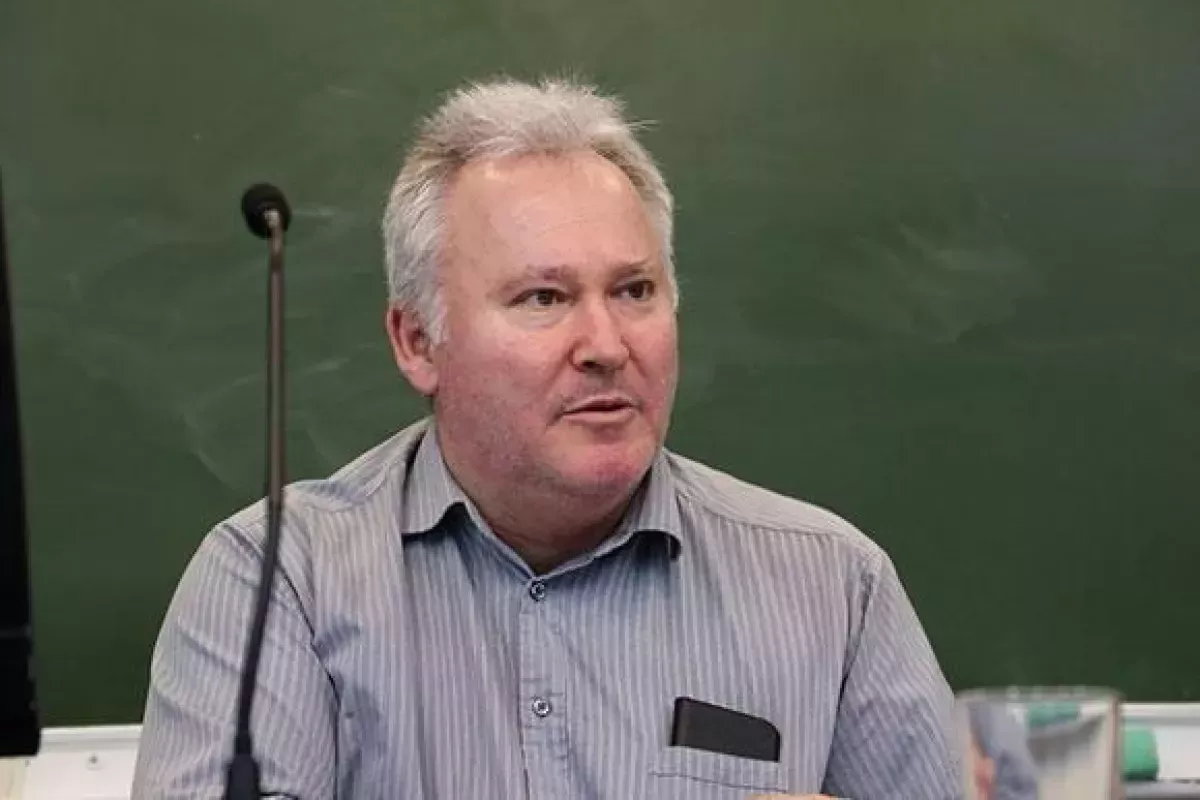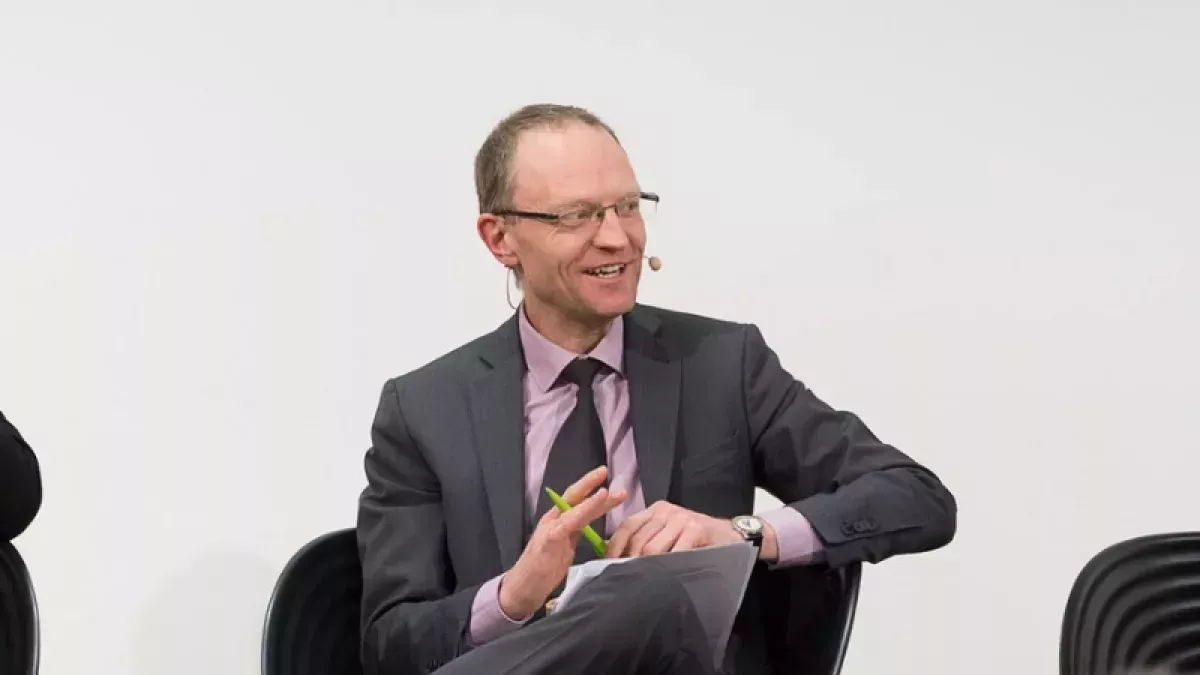Tensions in Berlin: Musk takes on Germany's elites Expert insights
American billionaire Elon Musk recently called German President Frank-Walter Steinmeier an "anti-democratic tyrant," a statement that, according to Rolf Mützenich, leader of the parliamentary faction of the Social Democratic Party of Germany (SPD), one of the ruling parties, crossed "the line of what is acceptable in relations between two friendly nations" – referring to Germany and the United States. Mützenich made these comments in an interview with Der Spiegel.
"Verbal attacks on the federal president are directed at all citizens of Germany," said Mützenich. He called on the German government, after the inauguration of the newly elected U.S. president Donald Trump on January 20, to clarify whether the repeated disrespectful remarks, slander, and interference in the electoral campaign were also made on behalf of the new U.S. leadership.
Co-chair of the SPD, Saskia Esken, described some of Musk's comments about the Chancellor and the German federal president as "pitiful attacks." "This is an unacceptable crossing of boundaries and a demonstration of his disrespect for our democracy," she was quoted as saying by Reuters.
"Steinmeier is an anti-democratic tyrant! Shame on him," Elon Musk wrote on his social media platform X on December 31 in response to a post by German far-right activist Naomi Seibt. She had criticized the German president following a speech in which the politician expressed opposition to foreign influence in the upcoming elections in Germany. The office of Frank-Walter Steinmeier stated that it had taken note of Musk's post but would not comment on it.
In November, the American billionaire called German Chancellor Olaf Scholz an "incompetent fool" on X. Musk made this remark in response to a government crisis in Germany, expressing confidence that Scholz would be ousted following early parliamentary elections scheduled for February 23.
On December 28, a column by Elon Musk was published in the German newspaper Welt am Sonntag, in which the businessman criticized the German government's policies and the state of the country's economy. He expressed the opinion that only the right-wing party Alternative for Germany (AfD) could save Germany. Shortly after, Musk declared that the AfD would achieve an "epic victory" in the upcoming elections.
What explains this confrontation between the American billionaire and Germany's current political elites? Are there deeper reasons or objectives behind his rhetoric?
To shed light on this, well-known European experts shared their insights with Caliber.Az.

Dr Greg Simons, a political scientist and PhD (Sweden), believes that the primary issue and source of this growing conflict lie in the increasing competition and tension between the ideologically awakened leadership of Western liberal democracies and the emerging, expanding global coalition of socially and culturally conservative forces.
“The awakened liberals are losing this battle. Germany's establishment political parties are bowing to the Democratic Party and what is called ‘the swamp.’ Many European progressives actively interfered in the U.S. presidential elections in November and lost. They are not accustomed to their tactics failing, and they don’t know how to respond to the wave of opposition against them,” the philosopher explains.
In his view, Musk is absolutely right about the disgraceful state of German political "leadership."
"They are used to being the ones who destroy reputations without facing criticism. There is significant stress and panic within the German (and European) political establishment, as they have grown accustomed to obediently following orders from Washington. Under the Biden administration, they had ideological alignment, but now they may be forced to think and act independently. This is an unpredictable situation for them. It creates additional risks at a time when the political parties of the German establishment are in a deep crisis, losing power and influence. And next month, they have elections that could unfold similarly to the U.S. elections," predicts Simons.

According to Dr Stefan Meister, head of the International Order and Democracy program at the German Council on Foreign Relations, it is clear that Musk, as a libertarian, neoliberal, and ultra-conservative on certain issues, does not align with the German tradition of a strong state and social democratic policies.
"Musk supports not only Trump in the U.S. but also several right-wing and far-right politicians in Europe. He backs anyone who disrupts the system. His support for the partly extremist, partly fascist Alternative for Germany party is a direct attack on the political establishment.
Ahead of Germany's federal elections at the end of February, all traditional parties are becoming increasingly nervous about the intervention of such a wealthy individual in German politics and public discourse. As the owner of X and a leader in public opinion, Musk wields considerable influence. The German political community is increasingly concerned that such public influence could undermine party competition in Germany and may constitute interference by a foreign power or, at the very least, by a very wealthy individual with substantial political influence. This has sparked significant debate in the media, but I’m not sure how much actual influence Musk has on these processes," Meister concluded.








